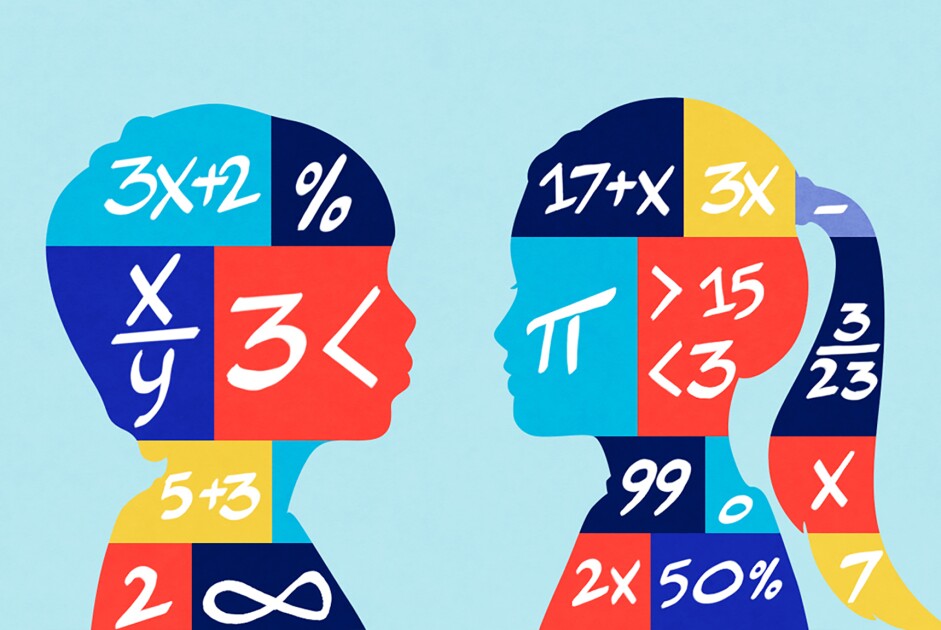The 3 Secrets to Better Parent-Teacher Communication
Introduction
Effective communication between parents and teachers is essential for the success of a child’s education. When parents and teachers work together, they can create a supportive environment that helps a child thrive academically, socially, and emotionally. In this article, we will discuss three secrets to improving parent-teacher communication.
1. Regular Communication
One of the key secrets to better parent-teacher communication is to establish a regular line of communication. This can include scheduled meetings, emails, phone calls, or notes sent home with the child. By maintaining open and consistent communication, parents and teachers can stay informed about the child’s progress, challenges, and accomplishments.
Benefits of Regular Communication
- Builds trust between parents and teachers
- Allows for early intervention if issues arise
- Keeps parents informed about their child’s academic performance
- Creates a collaborative approach to supporting the child’s learning
2. Active Listening
Another secret to better parent-teacher communication is active listening. Both parents and teachers should make an effort to listen to each other’s perspectives, concerns, and ideas. By actively listening, both parties can gain a better understanding of the child’s needs and work together to address any challenges.
Tips for Active Listening
- Give the speaker your full attention
- Avoid interrupting or jumping to conclusions
- Ask clarifying questions to ensure understanding
- Show empathy and understanding towards the other person’s point of view
3. Positive Communication
Lastly, maintaining a positive tone in parent-teacher communication is crucial for building a successful partnership. By using positive language and focusing on the child’s strengths, parents and teachers can create a supportive environment that encourages the child to succeed. In addition, showing appreciation for each other’s efforts can help strengthen the parent-teacher relationship.
Examples of Positive Communication
- Complimenting the child’s progress and accomplishments
- Expressing gratitude for each other’s collaboration
- Framing feedback in a constructive and encouraging manner
- Acknowledging and celebrating the child’s achievements
Conclusion
Effective parent-teacher communication is essential for supporting a child’s academic success. By following the three secrets mentioned in this article – regular communication, active listening, and positive communication – parents and teachers can create a strong partnership that benefits the child’s learning and development. With a collaborative approach and a shared commitment to the child’s well-being, parents and teachers can work together to unlock the full potential of the child.
FAQs
Why is parent-teacher communication important?
Parent-teacher communication is important because it allows parents and teachers to work together to support the child’s learning and development. By staying informed and involved, parents can reinforce the skills taught in the classroom and help address any challenges the child may face.
How can parents improve communication with teachers?
Parents can improve communication with teachers by being proactive, asking questions, and offering support. They should also make an effort to attend meetings and events at the school, stay informed about the child’s progress, and communicate any concerns or feedback in a respectful and constructive manner.
What should teachers do to enhance parent-teacher communication?
Teachers can enhance parent-teacher communication by providing regular updates on the child’s progress, seeking feedback from parents, and maintaining an open line of communication. They should also be approachable, responsive, and understanding of parents‘ perspectives and concerns.




